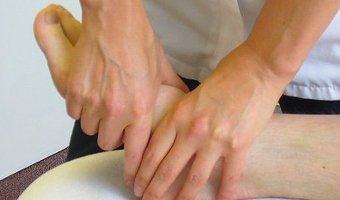Pain and sleep
Whether it is caused by an injury or a medical condition such as osteo-arthritis or fibromyalgia, chronic pain can keep you up at night and result in sleep deprivation. Studies have shown that there is a strong relationship between sleep and pain with pain leading to sleep disturbance and restless nights. Poor sleep results in the brain being less able to send the body’s natural happy drugs into the body to mediate pain and so the symptoms of aching and pain are perceptibly worse.
Here are some helpful tips that may help you reduce the cycle of pain and allow you to sleep better:
Here are some helpful tips that may help you reduce the cycle of pain and allow you to sleep better:
- Rest should be a priority. Adults need around 8 hours sleep a night, so it is important to start winding down an hour or so before your planned bedtime by turning off the TV and simply relaxing or reading
- Work with pain management specialists to minimise sleep disturbance. Check that the medication prescribed by your doctor does not alter your sleep patterns
- Check your mattress and pillows. You should aim for a pillow that is firm enough to keep your spine in line and neutral but soft enough to allow your muscles to relax and rest. Similarly, the mattress needs to comfortable and yet supportive.
- Exercise regularly as part of your daily routine. Exercise strengthens muscles, bones and joints and decreases pain, aching and fatigue. Stretching and core stability exercises, such as pilates, are also helpful.
- Have a warm relaxing bath with epsom salts to sooth tired, sore and aching muscles and joints
- Listen to relaxation or hypnosis tracks to relax your mind and body.







